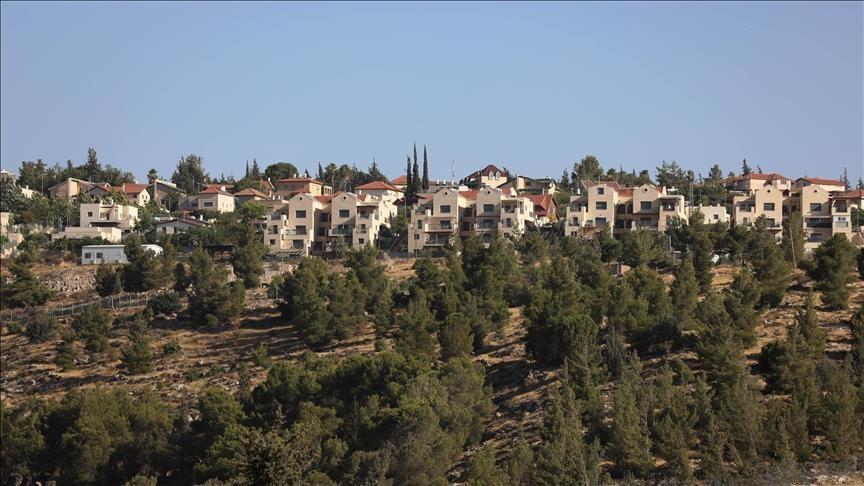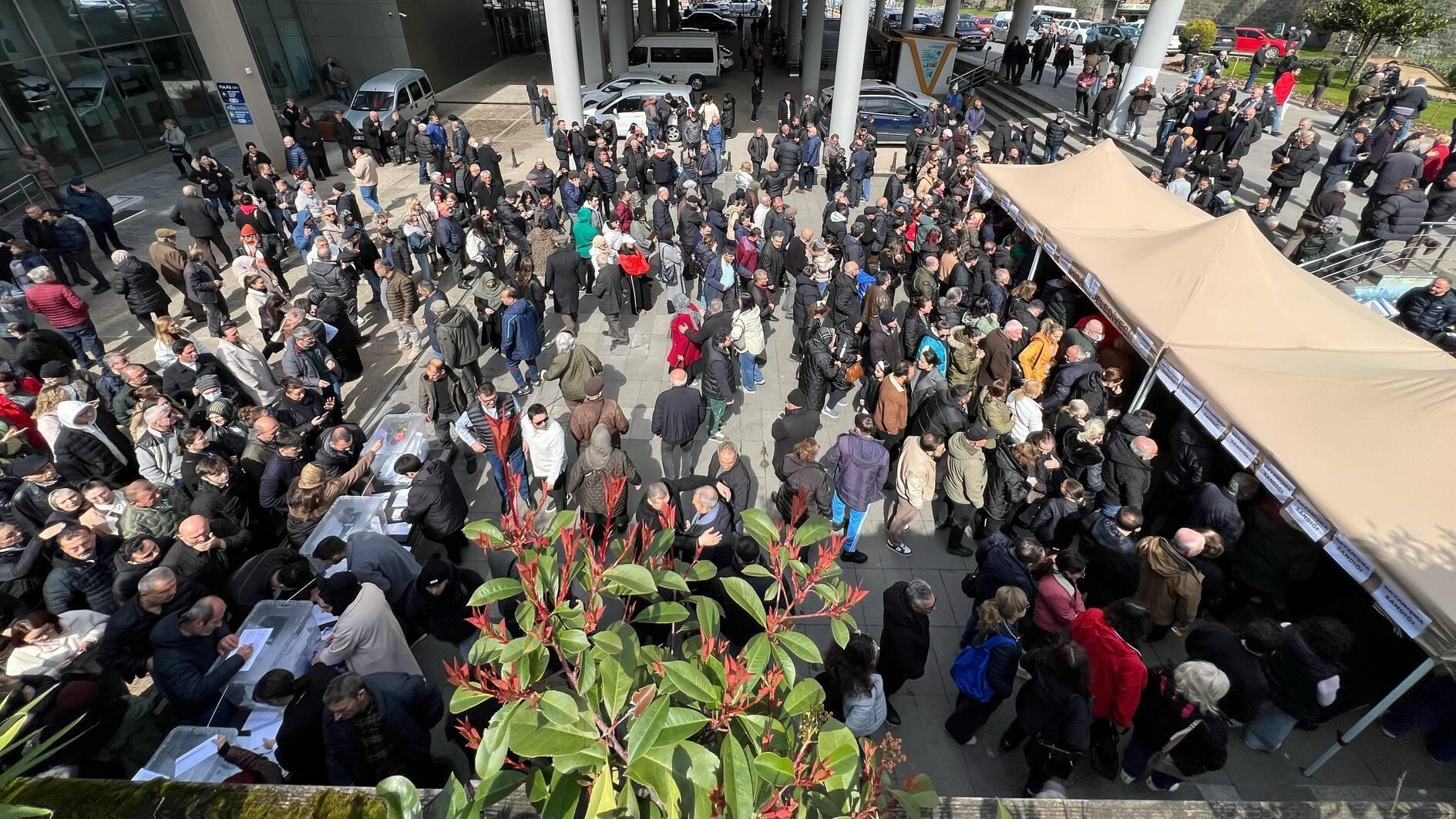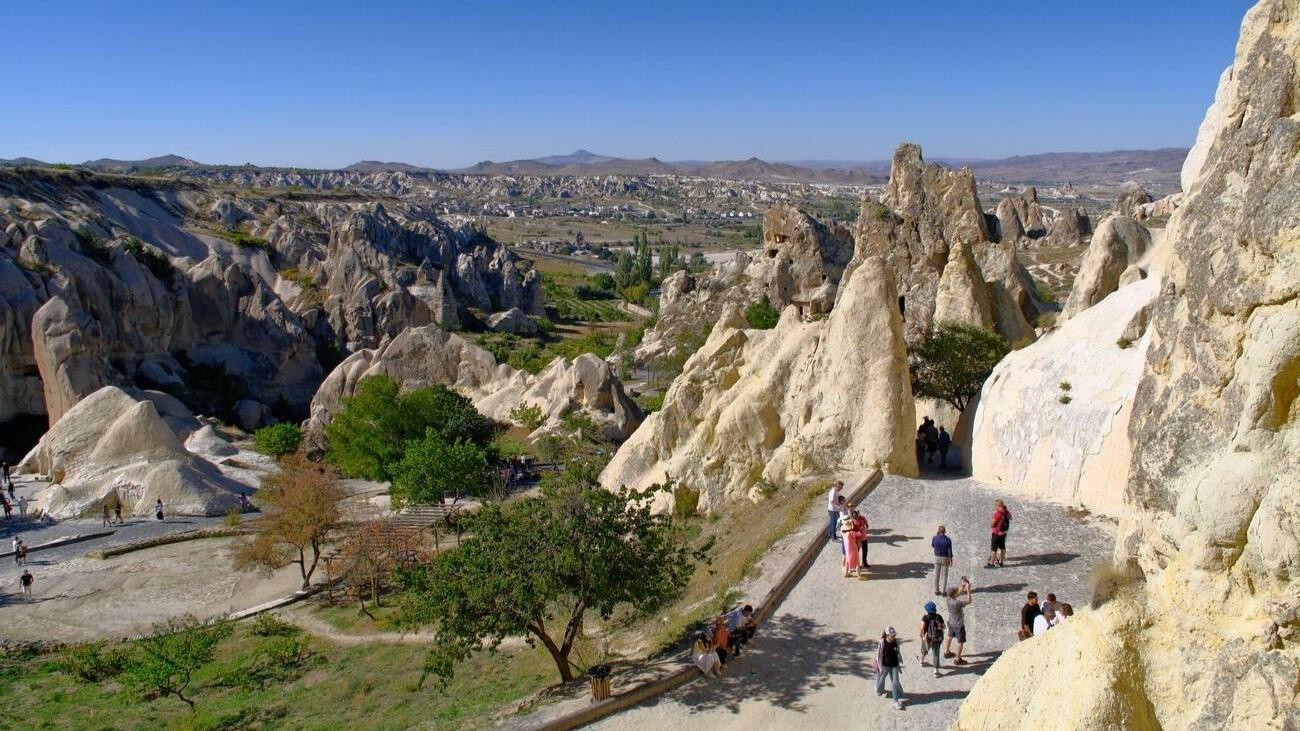Is Turkey’s world renowned hospitality a myth?
“One Turk is worth the entire world.” This is a saying attributed to the founder of the Turkish Republic, Mustafa Kemal Atatürk.
“If one Turk is worth the entire world, how many worlds is an Irishman worth?” goes a posting in Facebook.
This is about the Irish-Kuwaiti tourist who beat the hell out of dozens of shopkeepers who attacked him when he accidentally spilled a fridge full of water bottles in Istanbul.
A banner in a shop said: “Water 50 kuruş; free for the Irishman.”
British newspaper the Independent ran an analysis about how the Irish tourist “has become an unexpected hero among Turkish social media users.”
“Istanbul’s shopkeepers have become something of a symbol for the division in the country between a progressive left and the conservative government under President Recep Tayyip Erdoğan,” said the Independent. The story added that during the mass demonstrations of 2013 a young demonstrator lost his life after being severely beaten by shopkeepers and that Erdoğan backed them up by saying “My shopkeepers, when necessary, can be soldiers, fighters, heroes, police and judges.”
Indeed, this incident does reflect the polarization in Turkey between the conservative Justice and Development Party (AKP) supporters and the rest. But it also has another dimension which pertains to the tourism industry.
Obviously I am no expert on this issue, but my general impression is that those countries which are very dependent on tourism revenues tend to me more tourist-friendly. France ranks among the top countries as a tourist destination. But France’s economy does not vitally depend on tourism revenues; therefore they have not done much to change the general accusation of being unfriendly and arrogant to foreigners. Yet I recall how there were efforts nationwide to try to be more tourist-friendly, especially when the global economic crisis started to take its toll in France.
Greece was not a friendly country for Turks. The rapprochement has changed that. But the real interest towards Turkish tourists came after the financial crisis which hit the Greeks.
Tourism has always been an important source of revenue for Turkey, especially after the 1980’s. But even before Turkey started to ascend the international listing for the most popular tourist destination (it currently ranks sixth) we always believed Turks were known worldwide for their hospitality. Personally, I have come across many foreigners who have told me many examples of hospitality they experienced in Turkey.
We have experienced high growth levels in the 2010’s. Is there a disproportionate relationship between the increase in the welfare level and hospitality towards foreigners? Normally there should not be such correlation. To the contrary, more welfare brings more self-confidence, which in fact should make a nation less ethnocentric and more open to outsiders. But what we have been seeing in Turkey in terms of hospitality towards tourists is not always pleasant.
Take the issue of the flood of Arab tourists to Turkey. As of this year, the crisis in Russia as well as the crisis in the Middle East has decreased the number of tourists coming from Russia and the West. So you would think that people would welcome an influx of Arab tourists which would compensate for the lack of Western tourists. But it is hardly the case. Big shopping malls are abundant with Arab tourists. Local customers are now more careful in their purchases due to economic and political uncertainties, yet shopkeepers are not thrilled to see Arabs compensating for the locals.
I took a taxi whose last customers were Arabs. The driver kept complaining about them. The complaint: “They talk too much. They don’t stop talking!”
Daily Hürriyet ran an article last weekend on how Arab tourists were complaining about their treatment in Turkey.
I came to wonder whether Turkish hospitality was nothing but a myth. Ironically, I should have perhaps questioned this assumption in view of the fact that Pew polls have shown year over year that Turks did not like any other foreign nation.
Then again, what to do about so many foreigners talking to us about Turkish hospitality?
Once a friend of mine told me that the perception of French being arrogant was based on equating Parisians to French people and that they have come across very helpful and friendly French in the country side.
Perhaps we should not equate Istanbulites with all of Turkey.











